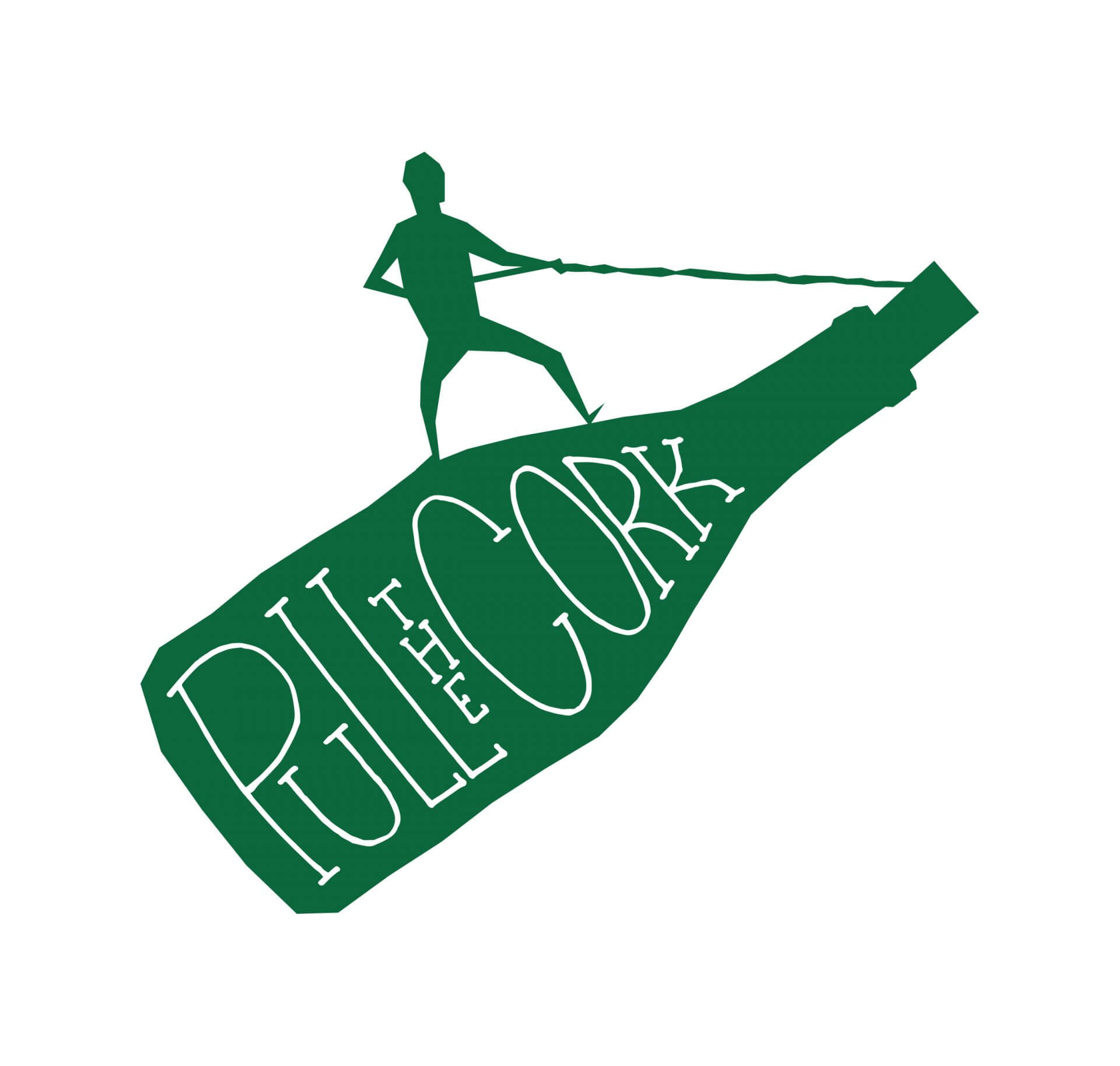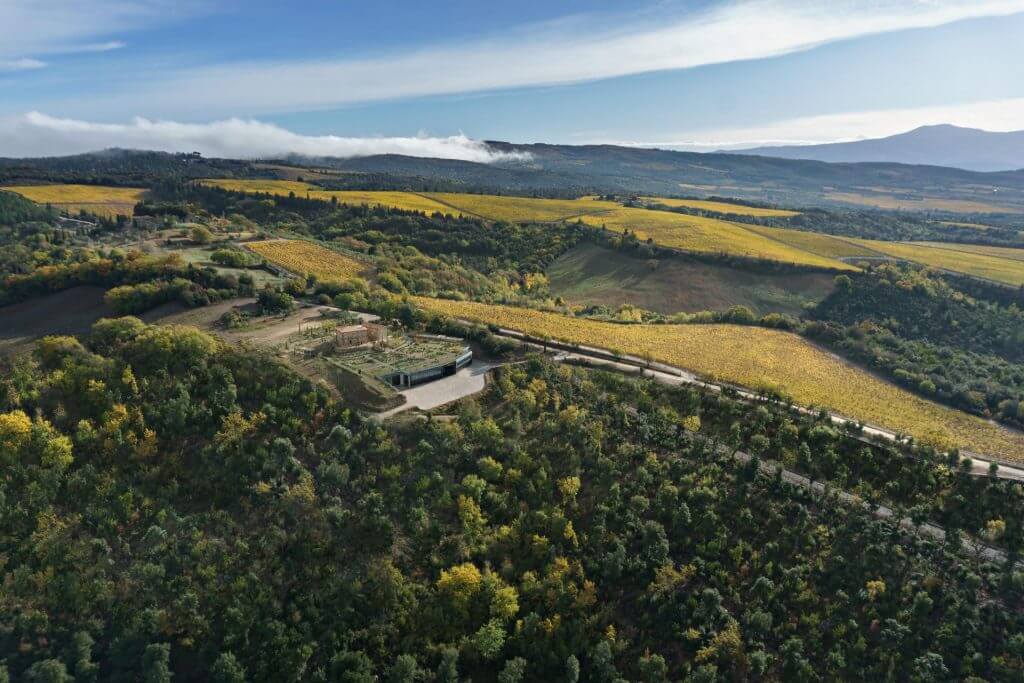Sustainable Winemaking
What Goes Into Sustainable Wine?
What goes into sustainable wine?
You might not think that the wine industry plays much of a role in the destruction of our planet, but viticulture and vineyards really do need to be given a long hard look at, as long as wine remains popular. Why? Because most vineyards are treated as monocultures and as such the use of chemical herbicides, fungicides and pesticides are routinely sprayed to keep disease and pests under control. And grapes, like all soft fruits, are prone to mould.
A few weeks ago we compiled our wine certification guide in which we talked about sustainable agriculture, but we didn’t mention sustainable wine. And in a recent article we looked at sustainability in the wine industry as a whole, but again, didn’t go into what specifically makes a wine sustainable. So, let’s dive in.
The Impact of the Wine Industry on the Environment
Our planet isn’t getting any bigger, but our population is. And the way in which we use the land is changing too, and not for the better. In order to feed and water our constantly expanding race, we have had to go hard at the earth, spraying chemicals and pesticides, intensively using herbicides and fungicides, and relying heavily on fertilisers, all to feed the growing number of mouths.
And all of this intensive farming has had a detrimental impact on the biodiversity of our planet – insect numbers and bird numbers have dwindled at an alarming rate, groundwater has been poisoned and soil degradation is rife.
But all of this doom and gloom can be reversed.
Research has shown, time and again, if soils are managed sustainably, if they are allowed to regenerate, if they are fed organically, if biodiversity is encouraged and farms such as vineyards are treated as whole ecosystems rather than standalone units, wildlife will flourish and soils packed with organic matter will produce ample sustenance for the generations to come.
What Is Sustainable Wine?
Why is sustainable wine different from organic, natural wine or biodynamic wine?
Sustainable wine is a wine that has been produced thoughtfully, economically and ecologically responsible.
Sustainable wine is not wine that has been made in a special way, it is merely wine that has been produced in a responsible way. Be that organically, biodynamically, naturally or (gasp) conventionally.
For a wine to be classed as sustainable, all that means is that throughout its production, the steps that went into growing the grapes and turning them into wine had to have as little impact on the environment as possible.
Now, we know that organic and biodynamic farming and growing methods prohibit the use of chemicals, and so these forms of farming just aren’t an option in humid climates, or available to large-scale production (currently). But that isn’t to say that these vineyards have to, therefore, adopt conventional wine growing methods with their love of chucking synthetic chemicals around willy-nilly, no, this is where sustainable viticulture comes into its own.
Because vineyards that can’t or don’t want to be organic or biodynamic can still care for and take care of the environment. For example, any vineyard can employ the use of cover crops and maintain careful canopy management and use compost as fertiliser, rather than chemical fertiliser.
If chemicals have to be sprayed, then vineyards don’t have to go wild about it, they can simply use the minimal amount necessary, and document or record all spraying.
Because producing sustainable wine isn’t necessarily about being at one with nature and creating natural wine.
- Sustainable wine is about being able to produce wine on a commercial scale, in perpetuity. Without taxing the land so greatly in our quest to quench our collective thirst that we destroy it for the generations to come.
Sustainable wine producers adopt a realistic approach to mass-market production, ensuring quality and volume, making sure the end product is commercially viable, all the while keeping an eye on the impact of their activity on the world around them.
What Goes Into Sustainable Wine?
Sustainable wine isn’t a stand-alone product. You don’t simply produce a bottle of sustainable wine; all the processes involved with creating each bottle of wine play their part. And the common practices involved in making wine sustainable include:
- Water and energy conservation
- Reduction in carbon emissions
- Sustainable packaging
- Fair compensation for employees
- Social responsibility to surrounding communities
This means that you can easily find and enjoy sulphite free wine, low histamine wine or low sugar wine if you decide to purchase sustainable wine.
Learn more about the role of sulphites in winemaking.
Sustainability in Wine Starts in the Vineyard
Sustainable wines are produced in vineyards that practise water and energy conservation, preserve ecosystems and local wildlife. A vineyard that produces sustainable wine actively encourages and maintains healthy soils because they know that by doing so they will be able to continue growing grapes for years to come.
As well as that, vineyards producing sustainable wines, such as Nutbourne wines, are also keen to protect the air quality and the water quality – they limit the use of chemicals to prevent them leaching into the water table, poisoning the groundwater, or floating off on the wind.
And a sustainable vineyard maintains relationships with the surrounding community and ensure its employee’s wellbeing because they understand the bigger picture – without the support of the local community and without a dedicated workforce, no wine would be produced.
Sustainable Wines: To Sum Up
So there it is, sustainable wines are not natural wine, though it can be. It isn’t organic or biodynamic, although it can be.
Sustainable wines are more than just the production process, it is about creating sustainability at every stage of the winemaking production – from growing the grapes to recycling glass bottles, to adopting social responsibility for the communities surrounding the vineyard. So, whether you are searching for red, white or orange wine, you can surely start searching (and consuming) wines produced in a way to protect our planet.
And we think that is a pretty cool approach to winemaking.
Have a fabulous weekend and don’t forget to find out more about our wine subscription.
Not only will you have access to the best wines from all over the world (red, white, sparkling wines, best low alcohol wine or orange wines – you name it), but you will also have them delivered straight to your doorstep!

